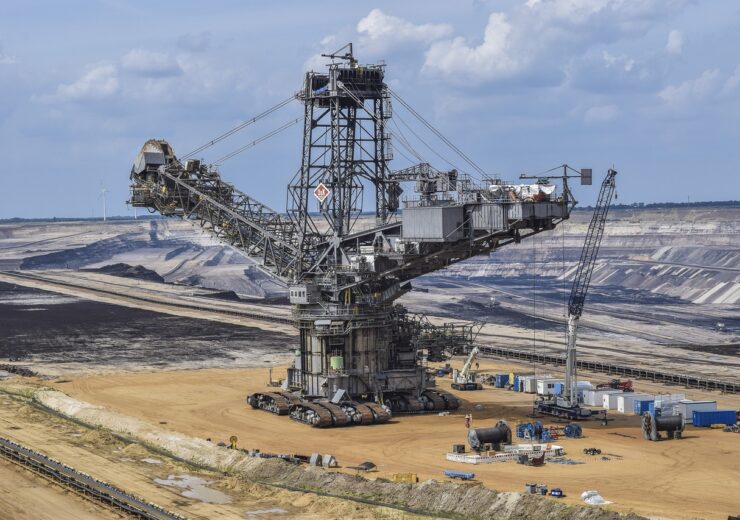The Phase-2 drilling primarily focused on areas with no historic drilling data, where the prospective areas extended along strike and down dip of previously identified mineralisation

Pan American completes Phase-2 drilling at Big Mack. (Credit: 652234 from Pixabay)
Pan American Energy has completed the second phase of the drilling programme on its Big Mack Lithium Project, located around 80km north of the town of Kenora, Ontario, Canada.
The Phase-2 drilling primarily focused on areas with no historic drilling data, and the targets were identified using 2023 geochemical surface sampling and detailed magnetic survey results.
In addition, the drilling programme also targeted prospective areas extending along strike and down dip of previously identified mineralisation.
The drilling programme was carried out by local drilling contractor Fullforce Diamond Drilling, with geological support from geoscience technology firm Axiom Exploration.
The program, which started on 6th January, completed 3720m over 25 drill holes, and brings the 2023 Phase-1 and 2024 Phase-2 drilling programme to a total of 8322m.
Pan American said that the project was completed within the scheduled time and budget.
The company submitted 2355 samples obtained during the drilling to ALS Global for geochemical analysis, with the results expected in a few weeks.
Pan American Energy CEO Jason Latkowcer said: “We are extremely pleased to have completed the Second Phase of the Big Mack Drilling Programme.
“We would like to thank our contractors and technical team for the safe and efficient execution of this campaign. The data collected from this program will serve as a solid foundation for the next step in the development of the Property.
“We eagerly await the final assay results and look forward to providing further updates.”
Pan American intends to use the results from the Phase 1 and Phase 2 drill programmes to develop a Mineral Resource Estimate (MRE) which is expected in the second quarter of 2024.
The company recently teamed up with the University of Nevada, Reno, to provide samples from the Phase 1 and Phase 2 drilling programmes for metallurgical testing and research.
It is also in contract negotiations with local experts in Canada for preliminary metallurgical testing to produce battery-grade lithium from the petalite concentrate produced at the project.
